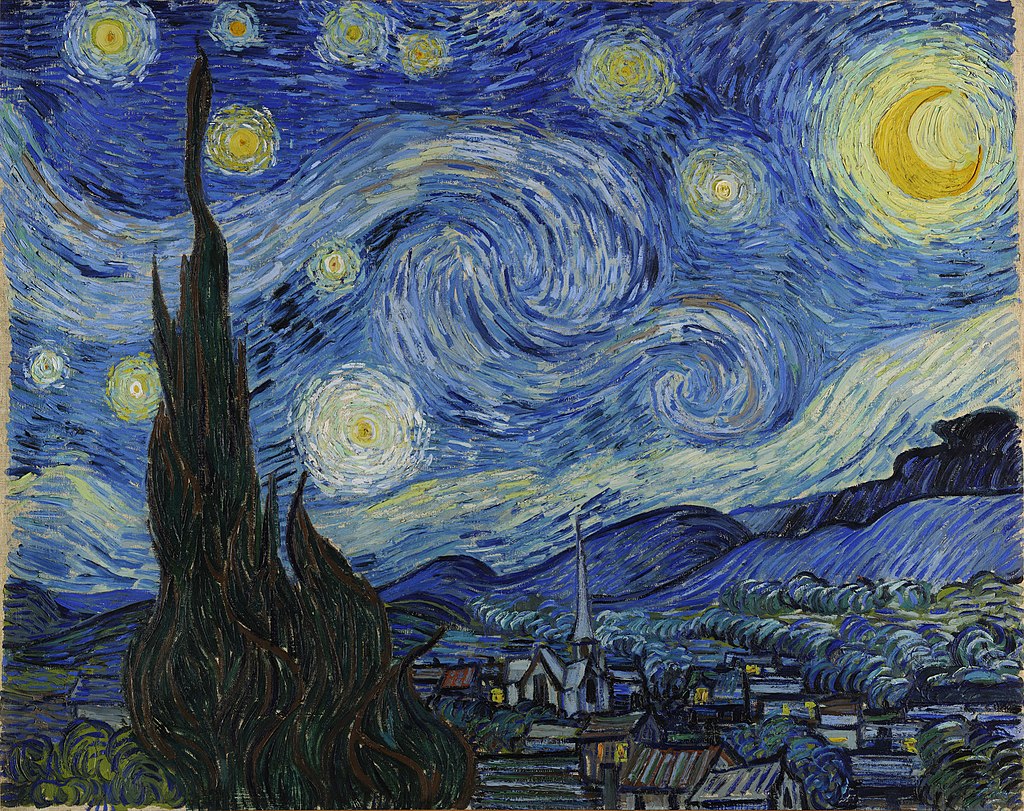“Creativity is the use of imagination or original ideas,” as defined by Merriam-Webster Dictionary. Generating ideas that are inclusive to one’s imagination and originality, however, may prove to be a more difficult task than expected. “The average person has 60,000 thoughts per day and 95% of them are exactly the same, day in and day out,” Huffington Post claims. Whether in school or working, it can be easy to become swept up in the day in and day out, unfortunately foregoing the benefits of stimulating the creative process.
Stimulating the creative process offers many benefits: emotionally, physically and mentally. According to the Huffington Post, creativity can reduce stress and anxiety, and even decrease symptoms of depression.
On the other side of the coin, there has been a lot of talk that mental health– specifically, mental illness– has a link to creativity. According to the Huffington Post, that is not true. In 2011, there was a faulty study conducted on the hypothesis that those who suffer from a mental illness are more creative than those who do not. The research failed on the account of being unable to measure how people were creative or were not creative. Instead, the team, led by Simon Kyaga, collected information pertaining to occupation, assuming that those who worked in more “creative” fields were more creative than those who did not. Unfortunately, measuring creativity is not that simple, as there are many other factors at play regarding occupation than just creativity, and therefore it is a faulty measurement.
Though there is no known link between creativity and mental illness specifically, it has been proven many times that creativity does play a role in influencing mental health for the better. Science enforces the idea that engaging in the creative process improves the individual’s mental health.
Sources: Huff Post, Merriman-Webster

